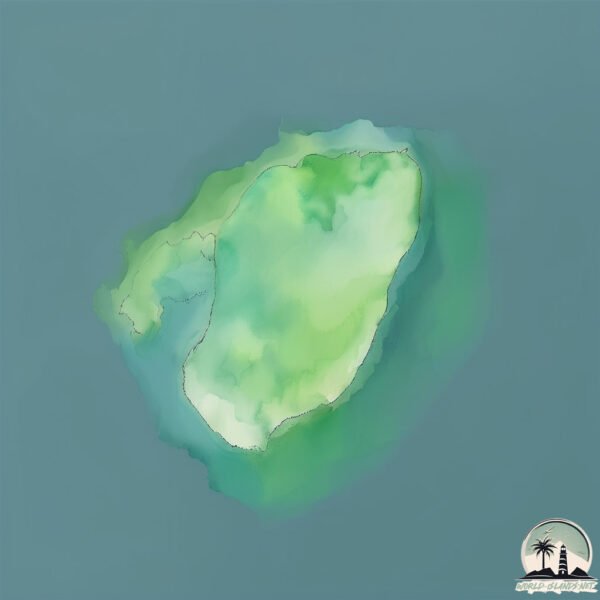Shin Jima

Welcome to Shin Jima, a Temperate island in the Eastern China Sea, part of the majestic Pacific Ocean. This guide offers a comprehensive overview of what makes Shin Jima unique – from its geography and climate to its population, infrastructure, and beyond. Dive into the details:
- Geography and Size: Explore the island’s size and location.
- Climate and Weather: Weather patterns and temperature.
- Topography and Nature: Uncover the natural wonders of the island.
- Infrastructure and Travelling: Insights on reaching, staying, and making the most of your visit.
- News and Headlines: Latest News.
Geography and size of Shin Jima
Size: 0.145 km²
Coastline: 1.6 km
Ocean: Pacific Ocean
Sea: Eastern China Sea
Continent: Asia
Shin Jima is a Tiny Island spanning 0.145 km² with a coastline of 1.6 km.
Archipel: Japan – An East Asian archipelago comprising four main islands and numerous smaller ones, known for its rich history, technological advances, and distinct culture.
Tectonic Plate: Okinawa – Located in the East China Sea, near the Ryukyu Islands and Taiwan, it’s involved in the subduction zone between the Philippine Sea Plate and the Eurasian Plate.
The geographic heart of the island is pinpointed at these coordinates:
Latitude: 31.61839106 / Longitude: 130.72296574
Climate and weather of Shin Jima
Climate Zone: Temperate
Climate Details: Humid Subtropical Climate
Temperature: Hot Summer
Climate Characteristics: With continuous rainfall and hot summers, this climate is common in some coastal regions, supporting diverse vegetation.
Topography and nature of Shin Jima
Timezone: UTC+09:00
Timezone places: Asia/Tokyo
Max. Elevation: -6 m
Mean Elevation: -13 m
Vegetation: Sparse Vegetation
Tree Coverage: 30%
The mean elevation is -13 m. Remarkably, this unique island barely emerges above the sea level, showcasing nature’s fascinating interplay with the ocean. The island is characterized by Plains: Flat, low-lying lands characterized by a maximum elevation of up to 200 meters. On islands, plains are typically coastal lowlands or central flat areas.
Dominating Vegetation: Sparse Vegetation
These regions have limited plant growth, typically due to extreme conditions like aridity or poor soils. Vegetation is scattered and consists of hardy plant species. Shin Jima has a tree cover of 30 %.
Vegetation: 1 vegetation zones – Minimal Diversity Island
These islands exhibit the most basic level of ecological diversity, often characterized by a single dominant vegetation type. This could be due to extreme environmental conditions, limited land area, or significant human impact. They represent unique ecosystems where specific species have adapted to thrive in these singular environments.
Infrastructure and Travelling to Shin Jima
Does the island have a public airport? no.
There is no public and scheduled airport on Shin Jima. The nearest airport is Kagoshima Airport, located 20 km away.
Does the island have a major port? no.
There are no major ports on Shin Jima. The closest major port is KAGOSHIMA KO, approximately 18 km away.
The mean population of Shin Jima is 1039 per km². Shin Jima is Densely Populated. The island belongs to Japan.
Continuing your journey, Goshonoura-jima is the next notable island, situated merely km away.
桜島の隣の無人島「新島」にヨットで上陸!!【空撮】アイランドホッピング



Japan is classified as Developed region: G7: Group of Seven – Major advanced economies, including Canada, France, Germany, Italy, Japan, the United Kingdom, and the United States. The level of income is High income: OECD.
News – Latest Updates and Headlines from Shin Jima
Stay informed with the most recent news and important headlines from Shin Jima. Here’s a roundup of the latest developments.
Please note: The data used here has been primarily extracted from satellite readings. Deviations from exact values may occur, particularly regarding the height of elevations and population density. Land area and coastline measurements refer to average values at mean high tide.
